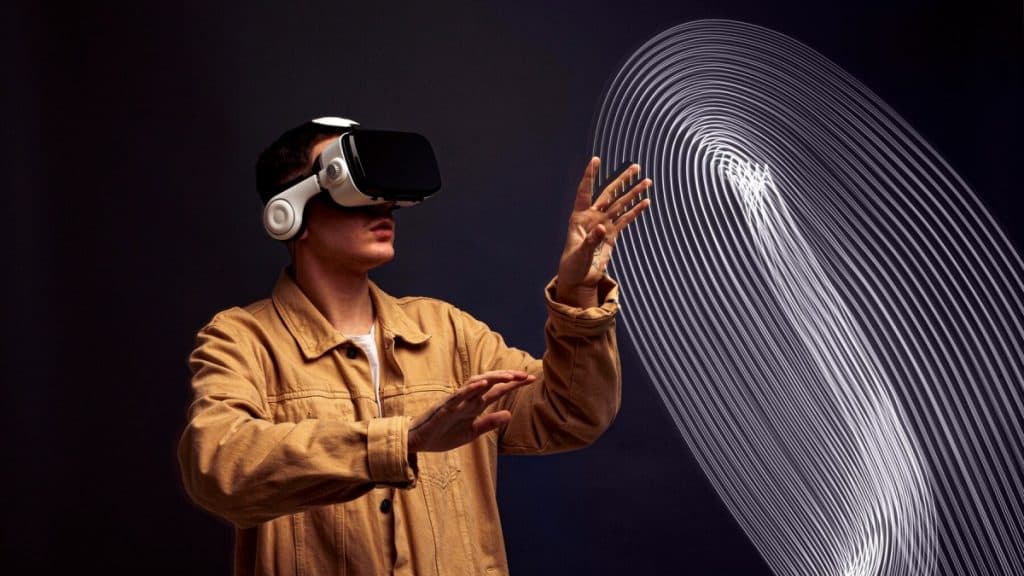The dawn of generative artificial intelligence (AI) is redefining the boundaries of creativity and problem-solving. Powered by sophisticated machine learning models, generative AI enables machines to produce original content—text, images, music, and even code—that rivals human creativity. As industries across the globe integrate this groundbreaking technology, the implications for productivity, innovation, and ethical considerations are profound.
Understanding Generative AI
At its core, generative AI leverages deep learning algorithms, particularly generative adversarial networks (GANs) and transformer-based models, to create novel outputs based on existing data. These systems are trained on massive datasets, enabling them to understand patterns, styles, and nuances that inform their creative outputs. The result is an AI capable of generating human-like text, hyper-realistic images, and innovative designs.
“Generative AI is not just about automation; it’s about amplifying human creativity and unlocking possibilities we’ve never imagined,” says Mateusz Mazurek, a quantum computing expert at Prehost
Applications Across Sectors
The versatility of generative AI is evident in its applications across a wide array of industries:
- Content Creation: Tools like ChatGPT and DALL·E are empowering writers, artists, and marketers to create high-quality content quickly and efficiently. These AI systems are not only speeding up workflows but also providing fresh perspectives and innovative ideas.
- Healthcare: Generative AI is being used to simulate drug interactions and design new molecular structures, accelerating drug discovery and personalized medicine. Its ability to model complex biological systems offers researchers unprecedented insights.
- Gaming and Entertainment: From generating realistic characters to designing immersive virtual worlds, generative AI is transforming how games and digital experiences are created. Studios are using AI to produce lifelike animations and tailor content to audience preferences.
- Education: Generative AI is personalizing learning experiences by creating tailored educational content, designing adaptive learning environments, and even acting as virtual tutors for students.
- Business and Marketing: Companies are leveraging generative AI to craft personalized advertising campaigns, design innovative products, and automate customer interactions. The result is enhanced customer engagement and streamlined operations.
Challenges and Ethical Considerations
While the promise of generative AI is immense, it raises significant ethical and practical concerns. The potential for misuse, such as generating deepfakes or spreading disinformation, is a growing challenge. Ensuring that AI-generated content adheres to ethical guidelines and is distinguishable from human-created material is a pressing priority.
Another critical issue is intellectual property. As AI systems are trained on vast datasets, often without explicit consent from the creators, questions arise about ownership and fair use of generated content. Establishing clear legal frameworks is essential to address these concerns.
“The integration of generative AI into society must be approached with responsibility and foresight to balance innovation with ethical considerations,” observes Hiren Shah, a technology strategist at Anstrex.
The Role of Human Creativity
One of the most debated aspects of generative AI is its impact on human creativity. While some fear that AI might replace human artists, writers, and designers, others argue that it acts as an enabler, augmenting human capabilities rather than supplanting them. By automating repetitive tasks and offering new perspectives, generative AI frees creators to focus on more complex and strategic endeavors.
Moreover, collaboration between humans and AI can result in remarkable innovations. For instance, architects are using generative design tools to explore unconventional structures, and musicians are collaborating with AI to compose experimental music.
The Future of Generative AI
As generative AI continues to evolve, its influence on society is expected to deepen. Advancements in natural language processing, image synthesis, and multimodal AI are opening up new possibilities for creativity and problem-solving. Future iterations of generative AI are likely to exhibit greater contextual understanding, emotional intelligence, and adaptability, further blurring the lines between human and machine creativity.
The technology’s potential to democratize creativity is another exciting prospect. By making high-quality creative tools accessible to individuals and small businesses, generative AI is leveling the playing field, enabling more people to bring their ideas to life.
Conclusion
Generative AI is not merely a technological innovation; it is a paradigm shift that is reshaping how we create, communicate, and innovate. Its applications span diverse fields, offering immense potential to enhance productivity and creativity. However, as we embrace this transformative technology, it is imperative to address the ethical, legal, and societal challenges it poses.
The words of James Allsopp capture the essence of this revolution: “Generative AI is not just about automation; it’s about amplifying human creativity and unlocking possibilities we’ve never imagined.” Indeed, generative AI represents a partnership between humans and machines, where the sum of their collaboration is greater than its parts.
As Hiren Shah aptly notes, “The integration of generative AI into society must be approached with responsibility and foresight to balance innovation with ethical considerations.” In navigating this uncharted territory, society has the opportunity to harness the full potential of generative AI while safeguarding the values that define our humanity.
